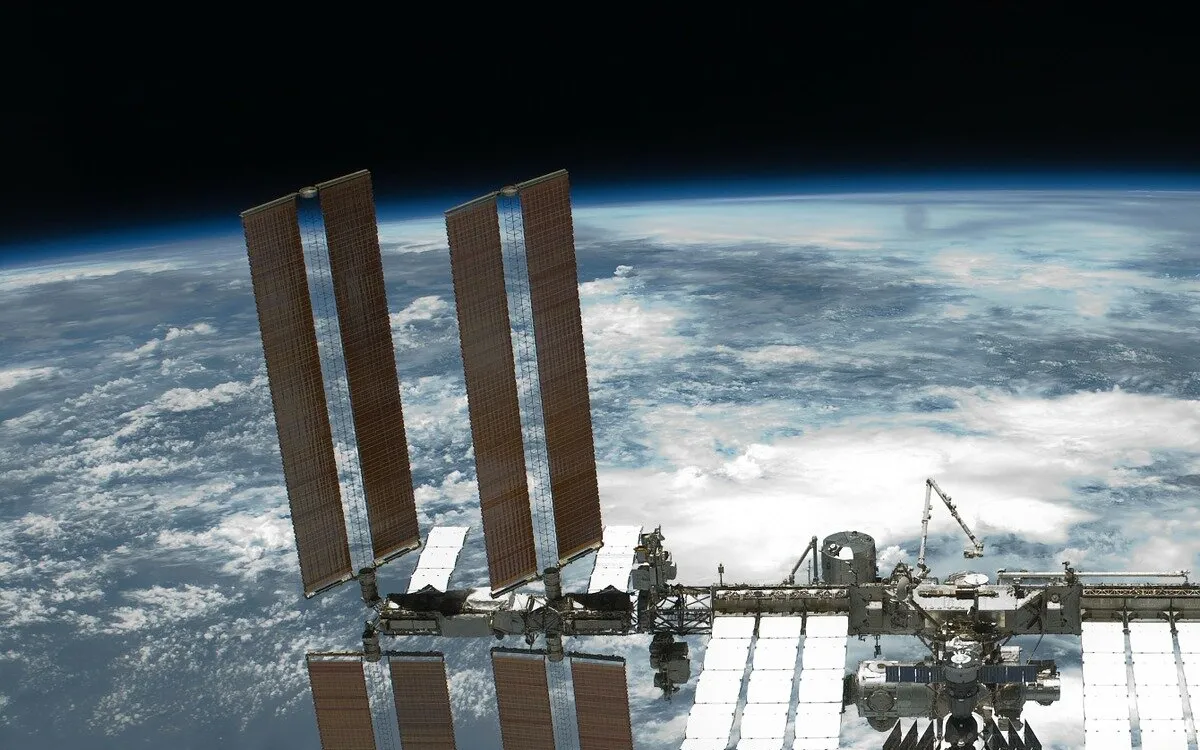
Elon Musk, the visionary behind SpaceX, has recently stirred discussions on the fate of the International Space Station (ISS). In a series of posts on X, Musk advocated for the deorbiting of the ISS within the next two years, emphasizing that "it has served its purpose" and suggesting a shift in focus towards Mars exploration.
Musk's call for an accelerated timeline raises questions, as the current plan aims to safely deorbit the ISS after 2030. He stated, "The decision is up to the President, but my recommendation is as soon as possible. I recommend two years from now." This bold move aligns with Musk's long-standing ambition to establish a human colony on Mars, a goal he believes should take precedence.
SpaceX, under a contract, is tasked with developing a deorbit vehicle based on its Dragon spacecraft. This vehicle is designed to safely bring the ISS down to Earth. Meanwhile, SpaceX continues its commitment to the ISS, conducting biannual cargo missions and facilitating crewed trips for both NASA and commercial entities.
Adding another layer to this development, billionaire Jared Isaacman, a close associate of Musk and a veteran of two SpaceX missions, has been nominated by President Trump to lead NASA. This nomination could potentially influence the direction of NASA's priorities, especially in light of Musk's Mars-centric vision.
The future of NASA's Artemis program, which focuses on a return to the Moon, might be impacted by these developments. Boeing, a key player in the Artemis missions, is already bracing for potential layoffs, with up to 400 jobs at risk if the program's focus shifts.
Boeing also faces challenges if the ISS is retired earlier than planned. The company's Starliner spacecraft, intended to share astronaut transport duties with SpaceX's Crew Dragon, has a contract for six flights pending certification. An early deorbit by 2027 could render most of these missions unnecessary.
To date, SpaceX has completed 10 crewed missions to the ISS for NASA, alongside three commercial missions for Axiom Space. The next NASA mission is scheduled for mid-March, with another Axiom Space mission planned for later in the spring.
© 2025 Orlando Sentinel. Distributed by Tribune Content Agency, LLC.